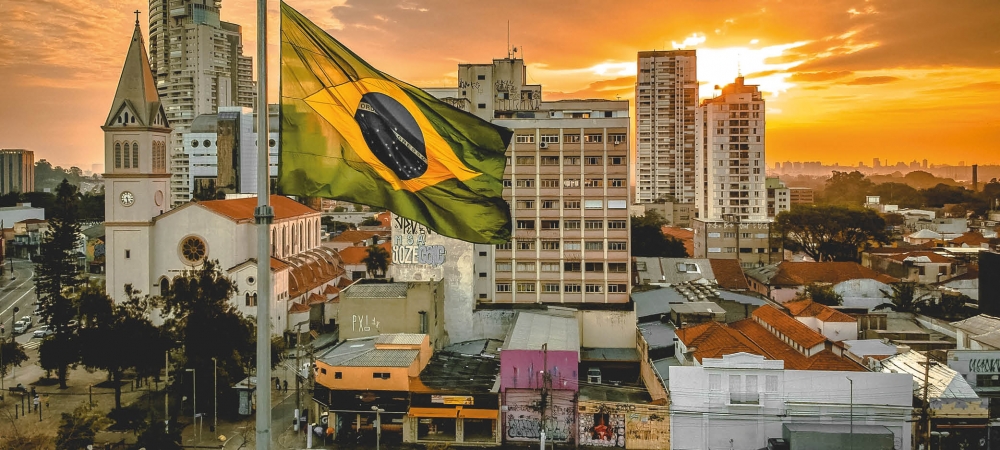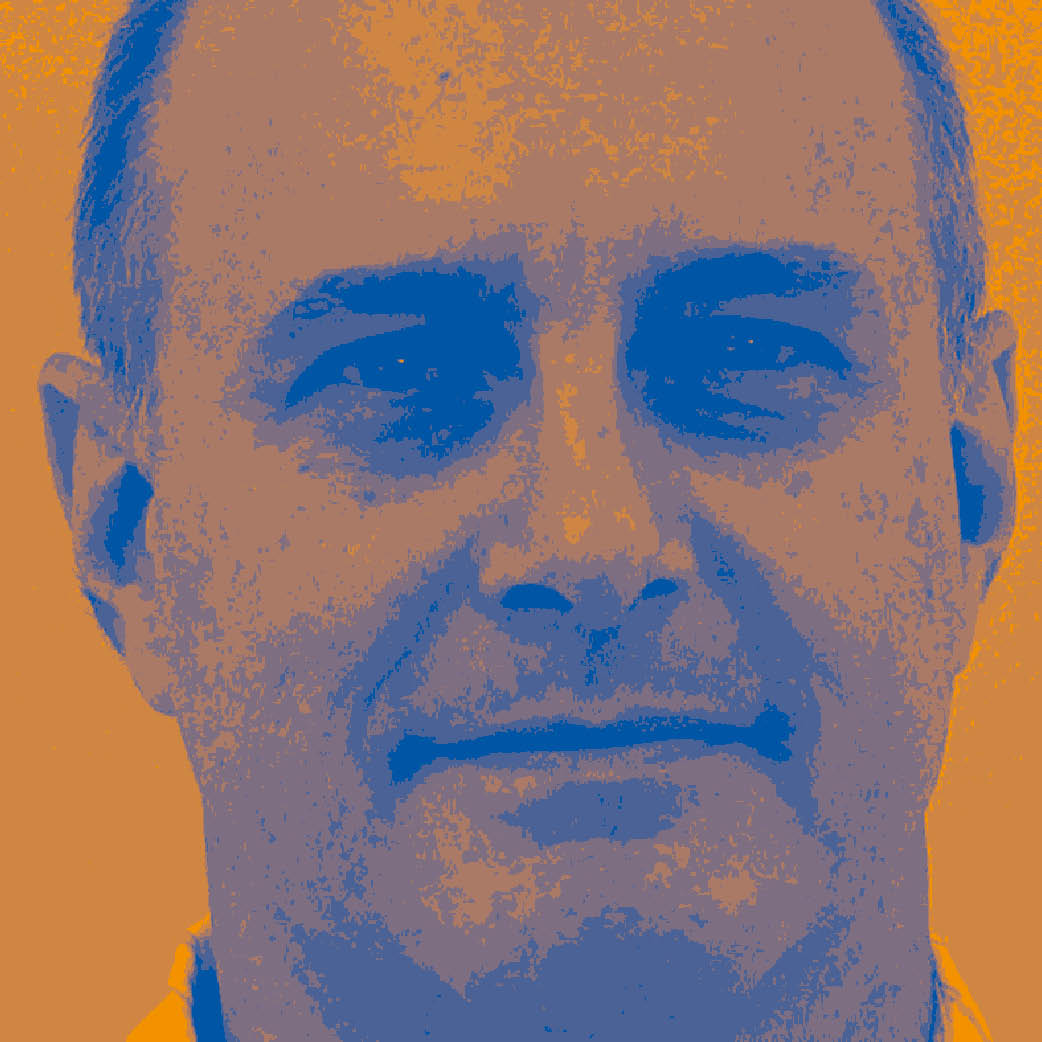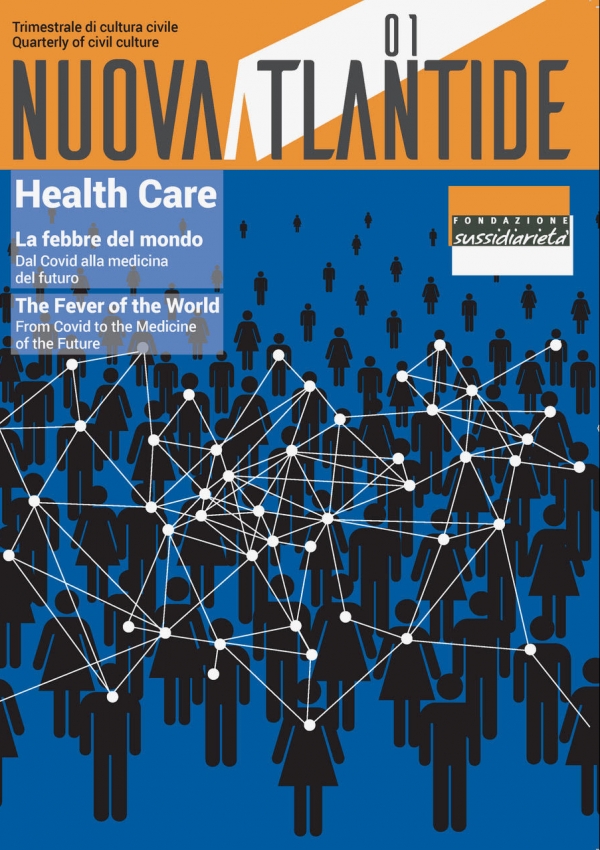Brazil is a country that is paying a very heavy price as a result of the pandemic. The challenges and responsibilities of the political authorities in containing the emergency provoked a reaction from civil society, finding support in eminent personalities from the academic and scientific world. This has led to an initiative “from below” that has filled an institutional void.
This new entity has marked its goal emerging as a strong voice against a policy that has been unable to prepare a national plan in response to Covid-19. Its recommendations are proving to be a crucial contribution in this moment of emergency. And a practical example of a subsidiary culture that works by aggregating plurality.
In Brazil this dramatic evolution is clearly unjustifiable, considering that the arrival of the pandemic in the country was expected and preventable measures could have been taken.
Actually, its main cause was – and has been, since the evolution continues dramatically in August 2020 – the neglect of the country’s highest political authorities.
In addition to speeches and behaviors that express contempt for the risks and severity of the disease, the political authorities have not work to establish a coordinated plan to combat the Covid-19 pandemic. In six months, Brazil had three ministers of health and the third is a military man without any expertise in health.
Signals from civil society
In this context, several scientific, academic and professional entities felt that they should take the initiative to mobilize civil society – health professionals, social workers, artists, businesspeople, leaders in different areas, etc. – to support local health authorities and to inform and raise awareness of the general population on how to deal with the pandemic.
This initiative, named “Front for Life”, brought together the Brazilian Academy of Science and the Society for the Progress of Science, several health profession organizations as the Brazilian Association of Collective Health, the Brazilian Society of Virology, and the Brazilian Society of Tropical Medicine. Importantly, the Front for Life incorporated, since its creation, entities external to the health sector such as the National Association of Presidents of Federal Institutions of Higher Education, the Brazilian Press Association and the National Conference of Bishops of Brazil. Leading this movement was the National Health Council, an agency of the Ministry of Health that represents users of health services.
On May 29, 2020, the Front held its first public activity, the March for Life, a virtual event that brought together more than 480 entities, having been accompanied online by about five thousand people.
The Front for Life also developed a document analysing the Covid-19 in its interconnected dimensions – microbiological, epidemiological, eco-social, technological, economic, political and symbolic. Based on this analysis, it makes several recommendations for political authorities, health authorities and managers, and the society at large.
This document fills the gap in the absence of an official National Plan to Combat Covid-19 Pandemic. As a main strategy, it recommends the concerted action of primary health care and epidemiological surveillance, with an active search for confirmed or suspected cases and blocking of transmission. In addition, it proposes measures for expansion and qualification of specialized and hospital care and strategies to mitigate economic damage, supporting financially small companies and vulnerable populations.
Implementing health care networks
This Plan was presented to the technical staffs of the Ministry of Health, of the National Council of State Health Secretaries and of the National Council of Municipal Health Secretaries. Moreover, it was discussed with the Parliamentary Committee to Confront Covid-19. In October, a month before municipal elections for mayors and councillors, an executive summary of the Plan was sent to candidates in hundreds of cities. If there was no feedback from the Ministry of Health, there were many positive responses from local health authorities and candidates for mayors and city councillors who incorporated various proposals from the Plan into their work plans. A particularly positive response came from the education sector, which used the Plan’s recommendations when discussing the possibility of returning to face-to-face classes.
The Plan has a specific chapter on a vision about the future of healthcare systems after the pandemic, including strategies to strengthen the Brazilian “Unified Health System” (SUS, in its Portuguese acronym). In this vision, the SUS will offer universal, equitable, and comprehensive care, based in the best scientific and technological achievements. To accomplish this purpose, health authorities, managers, and professionals should implement regionalized and integrated healthcare networks, covering all the country, through an intensified cooperation between the Union, states and municipalities. They should also strengthen the health promotion and surveillance system, developing actions on the social determinants of health and preventing outbreaks and epidemics. Social participation in the healthcare system should be encouraged and supported, since it is vital for assuring an adequate level of responsiveness. Healthcare system management needs to be improved, making local managers more autonomous and more accountable. Authorities and managers should give special attention to the health workforce management, acting from professional training to the allocation of personnel, including selection and career development. Finally, SUS must be properly financed, which requires the support of society to health as a universal right.
It is clear that to achieve this vision of the future of the healthcare systems after the pandemic is not enough to develop sectorial strategies. What is really needed is to renew society. The pandemic is strongly related to the mode of production adopted by societies, all over the world. This mode will generate new critical events which may overlap combining pandemics, disasters, and planetary crisis.
In this sense, it is not possible nor desirable to return to the “normal” situation prior the pandemic. Processes must be triggered to the reconstruction of living conditions, guided by the values of freedom, equality and solidarity.
The pandemic caused by the new coronavirus was not at all a surprise. In 2015, the high level panel of global response to health crisis, created by Dr. Ban Ki Moon, UN secretary general, after the Ebola epidemic, already predicted the occurrence of a pandemic in the years to come. Despite warnings, countries were not prepared to deal with the Covid-19 pandemic.
A global health equity task force
In May 2020, more than 200 entities and global personalities launched the Sustainable Health Equity Movement, led by the World Federation of Public Health Associations and the Latin American Alliance for Global Health. This movement has sent a letter and has met with the UN secretary general, Dr. Antonio Guterres, and with WHO director general Dr. Tedros Aghanon, proposing to create a global health equity task force. This task force, housed within WHO, would be charged with taking the necessary steps to exert needed global leadership for a comprehensive and equity-focused response to the pandemic, following the principles of the Universal Declaration of Human Rights.
Ultimately, the future of the health care system is linked to the future of the world. And both will be better if we all listen to what Pope Francis advises: “The answer to the pandemic is twofold: we must find a cure for this small virus which brings the whole world to his knees, and we must cure a great virus, that of social injustice”1 .
1 Papa Francesco, General audience, 19 August 2020.















